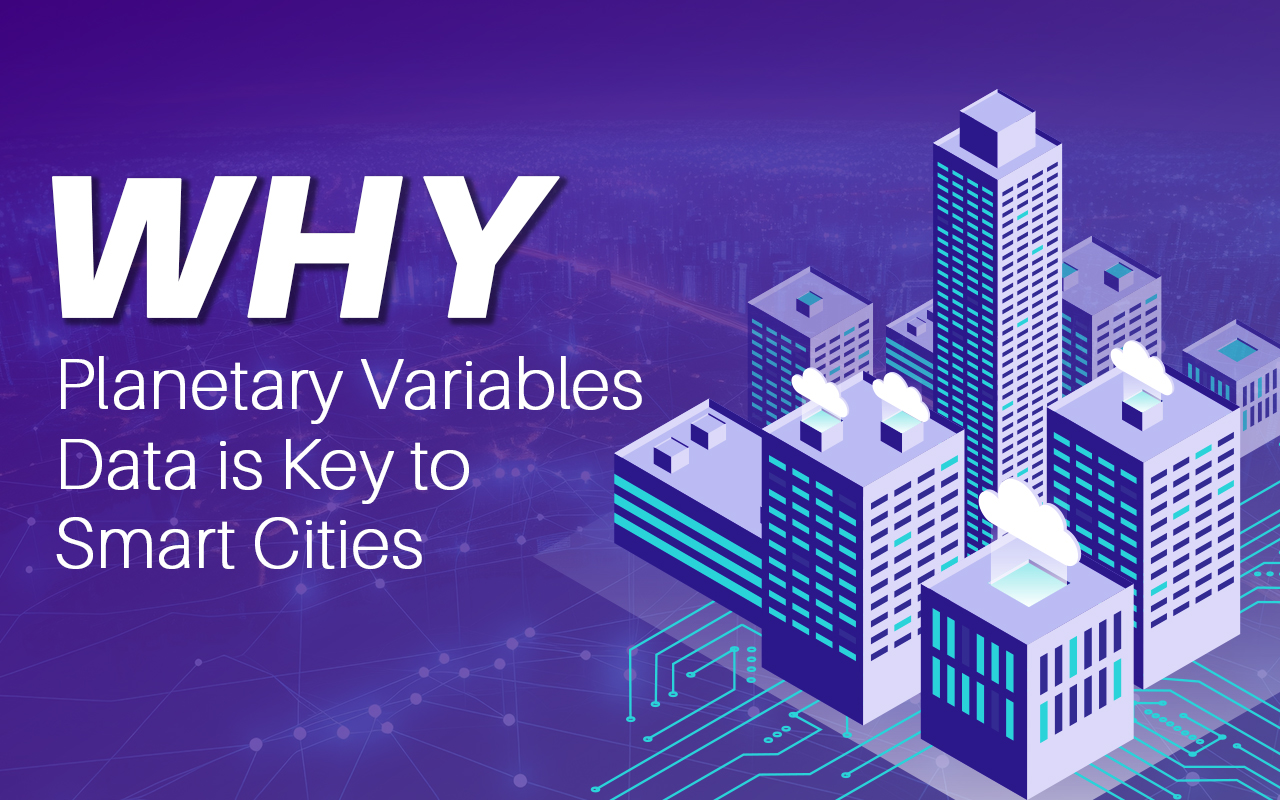
Creating smart cities is a growing issue in a world of rapid city transformation. With the increase in urban population, urban infrastructures demand more sustainability, efficiency, and responsiveness. The core of this transformation is the data regarding planetary variables, the data that provides understanding centered on smart city planning and operation. Determining the role of these variables in urban settings will help create smarter and more resilient cities.
Understanding Planetary Variables
Planetary variables data are different environmental and atmospheric states such as temperature, humidity, wind speed, and precipitation. These factors especially affect urban areas, from energy use to transportation. Using that data, city planners and engineers can facilitate smart choices to improve the experience of living in an urban environment.
Enhancing Energy Efficiency
Energy efficiency still forms the foundation of every smart city project. Data variables from the planetary land surface help estimate the energy demands from such food based on weather forecasts. Knowing when heat will boom or bust can mean the difference between turning on the boilers to warm up or activating cooling technology to cool it down. This proactive approach reduces operating costs for city infrastructure by reducing energy waste.
Improving Urban Mobility
Improved transportation systems are one of the priorities of smart cities. Planetary captures data that urban planners can analyze and use to avoid traffic congestion and other problems. For example, knowing the pattern of winds and rains can help schedule public transport services with a small delay. Using this data-driven approach, we improve the commuter experience and reduce vehicle emissions and their negative environmental impacts.
Enhancing Environmental Defence
From flooding to air quality, urban areas bear the brunt of environmental struggles. Having planetary variables data is a way to predict and prepare for such incidents. Based on the analysis of the rainfall data, the cities can develop a flood management system that reduces damage. In the same vein, observing air quality can help prompt intervention when pollution increases to dangerously high levels so as to protect the public.
Encouraging Sustainable Development
Urban areas need to be sustainable to achieve long-term success. Data on planetary variables help in sustainable building. In fact, when architects understand local climatic conditions, they design buildings that exploit natural light and ventilation, minimizing the use of artificial lighting and air conditioning. Not only does this save energy, but it also leads to more healthy living environments.
Promoting Public Safety
Urbanization with safety matters, but urban residents do not compromise on safety. Data from the planet helps prepare for disasters by providing alerts of severe weather, enabling authorities to make evacuation plans and allocate resources beforehand. Even real-time weather data can help in public advisories and citizen protection from the hazards of an emergency.
Creating Community Involvement
Active participation of communities keeps the smart cities thriving. Daily data on planetary variables can be made available to residents in such a way that they can make informed choices between traveling to a carbon sink in their community. You can update in real-time, updating air quality to change what shows how we spend on energy efficiency awareness and conservation efforts. Active communities are one of the key ingredients for the resilience and sustainability of a city.
Driving Innovation and Technological Advancement
Combining planetary variables data with urban planning offers opportunities for innovation. Many technologies, from the Internet of Things to artificial intelligence, depend on reliable information about the surrounding environment to work best. The combination of these technologies is powering the evolution of the smart grid, autonomous cars, and smart buildings that will create adaptive and efficient cities.
Concluding Thoughts
The benefits of integrating planetary variable data within the framework of smart cities are endless. This facilitates anything from better energy use and mobility to sustainable development and public safety, making the data a driver of urban innovation. However, with the expansion of cities, the demand for accurate and real-time environmental information is growing, particularly with the increasing complexities of climate change. This approach enables urban centers to become more smart, more sustainable, and, most importantly, to deliver a better life for their citizens, creating a dynamic and responsive urban ecosystem.
Share this post
Leave a comment
All comments are moderated. Spammy and bot submitted comments are deleted. Please submit the comments that are helpful to others, and we'll approve your comments. A comment that includes outbound link will only be approved if the content is relevant to the topic, and has some value to our readers.

Comments (0)
No comment